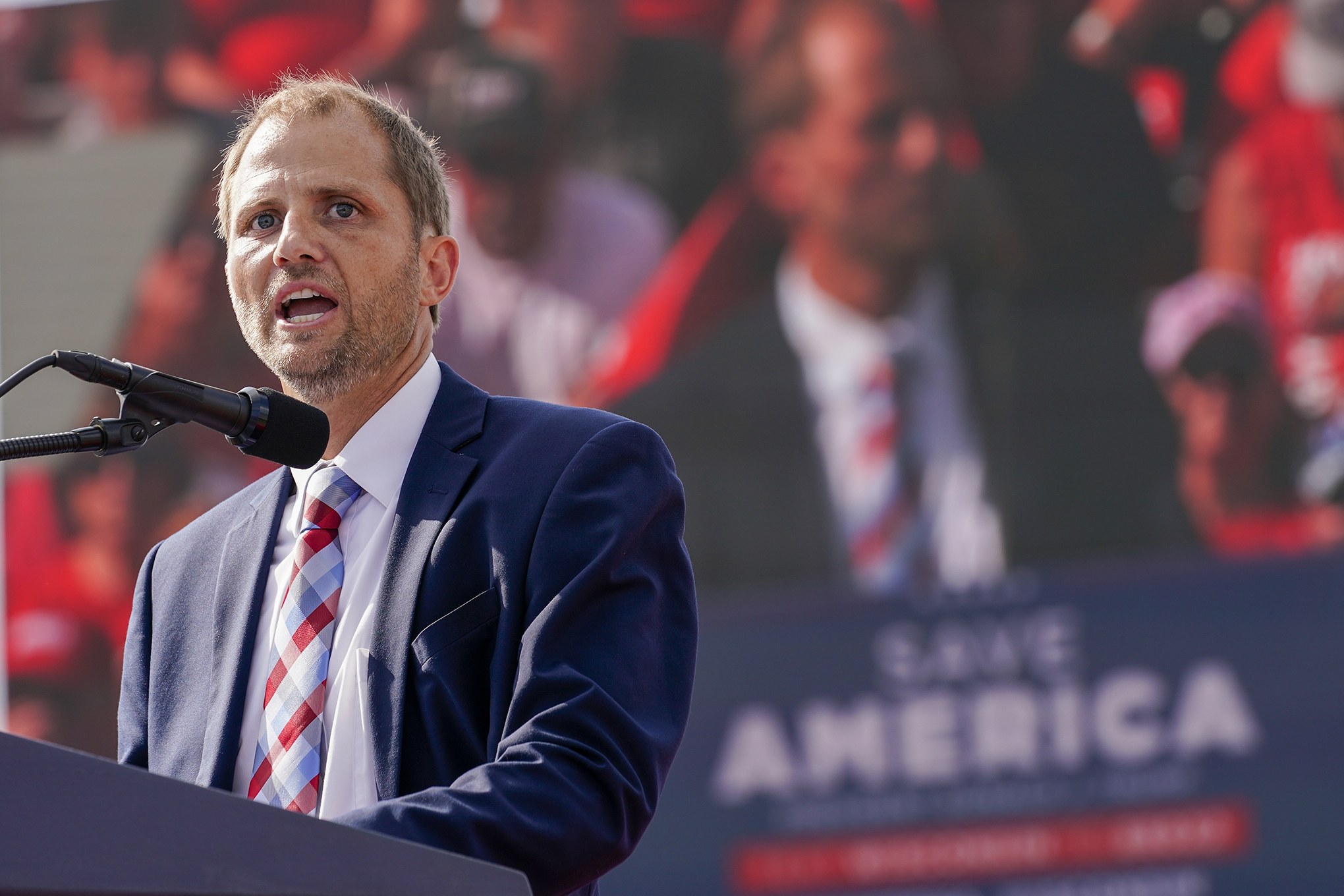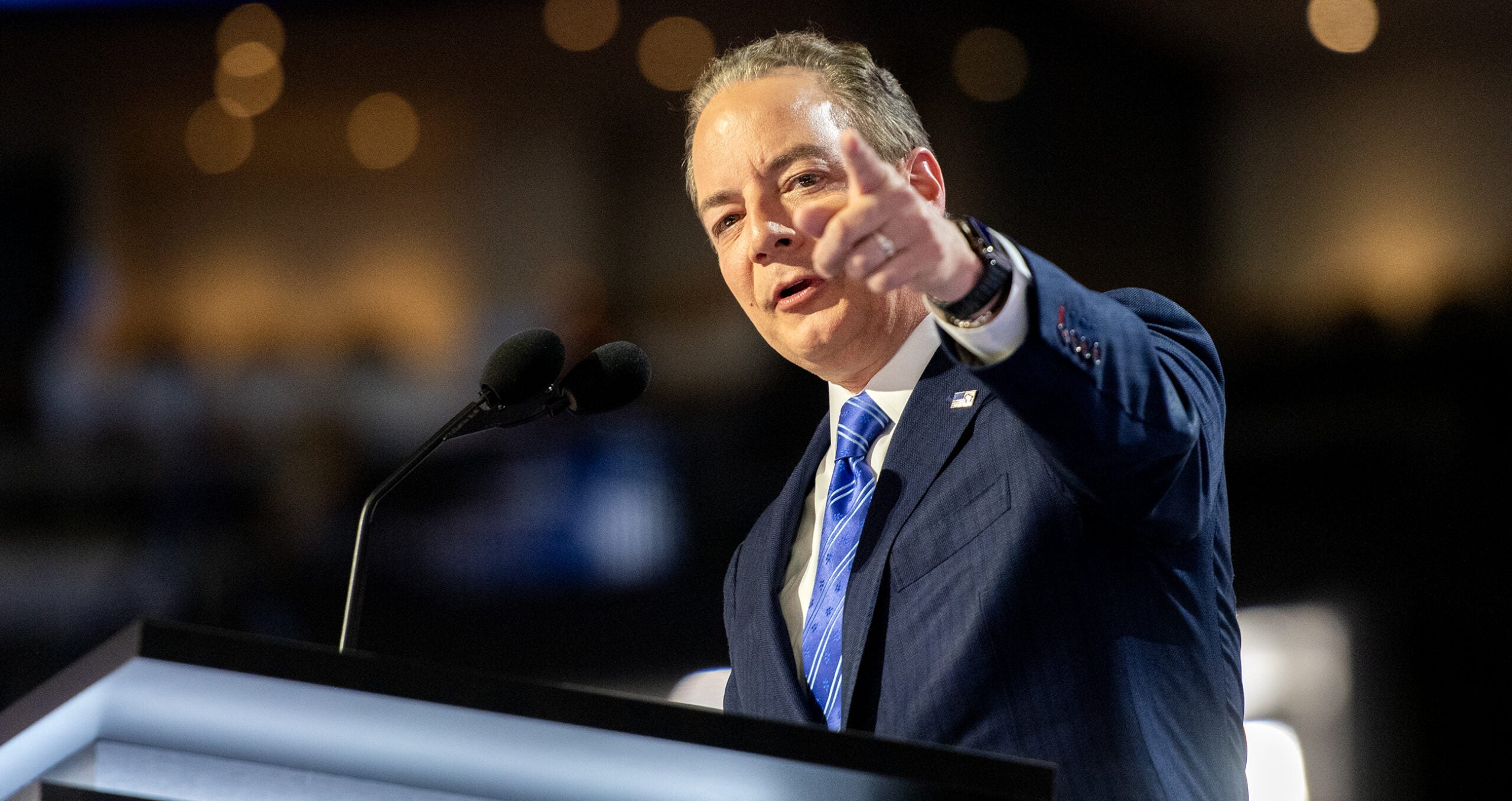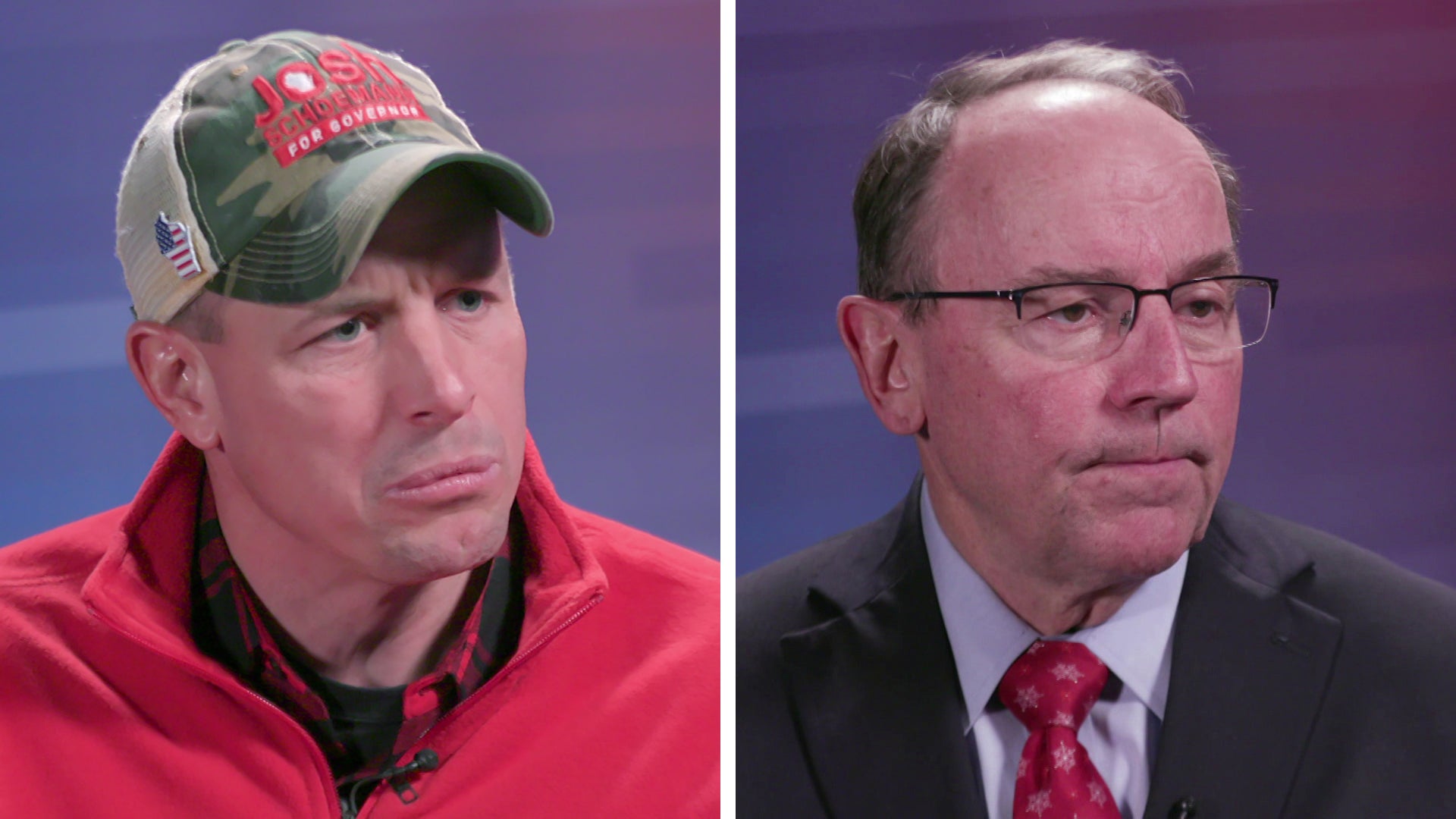Candidates who lose partisan primaries in Wisconsin would not be allowed to mount write-in campaigns during the general election under new legislation a Republican lawmaker is calling the “sore loser bill.”
Write-in campaigns are relatively rare in Wisconsin, but that doesn’t stop candidates from trying them. During the fall 2022 general election, there were two write-in campaigns targeting Republican lawmakers mounted by candidates who nearly won their respective August primaries.
The most notable example came when political newcomer Adam Steen, who was endorsed and supported by former President Donald Trump, came within 300 votes of defeating longtime Assembly Speaker Robin Vos, R-Rochester. Steen and his supporters were hoping to remove Vos, in part, because the powerful speaker didn’t support decertifying the 2020 presidential election, which election experts say is not possible.
News with a little more humanity
WPR’s “Wisconsin Today” newsletter keeps you connected to the state you love without feeling overwhelmed. No paywall. No agenda. No corporate filter.
After his primary loss, Steen launched a write-in campaign as a Republican, capturing an additional 2,112 votes from Vos in the fall general election. Democrat Joel Jacobsen also ran a write-in campaign and garnered 3,495 votes. Regardless, Vos won handily with 16,977 votes — nearly 73 percent of the total vote.
State Rep. Peter Schmidt, R-Bonduel, faced a similar situation. After the dust settled in his crowded GOP primary, Schmidt edged out fellow Republican Dean Neubert by 71 votes. Neubert tried again with a general election write-in campaign but lost by a wider margin.
‘Add some structure to the program’
Neither Republican write-in campaign would have been allowed under a bill authored by state Rep. John Macco, R-Ledgeview, along with State Sen. Van Wanggaard, R-Racine. The bill would, in effect, require candidates who lose a primary election to accept their licks.
“With all of the confusion and the frustration folks have with the election process, this is one thing that I think we can all come around and agree on,” Macco told Wisconsin Public Radio. “It’s like, ‘OK, you know what? You fight the fight. When it’s over, then it’s over, and you live to fight another day, but you don’t just keep slugging it out.”
Macco’s plan would bar losing primary candidates from filing registration statements to run general election write-in campaigns.
Macco said the bill isn’t related to the Steen or Neubert write-in campaigns against winning Republicans. He said it’s an attempt to “add some structure to the program.”
The bill has received one Democratic cosponsor, Rep. Sylvia Ortiz-Velez of Milwukee. Ortiz-Velez was not available for comment.
Macco said he sees the bill as common sense legislation and hopes to see it passed and signed into law by Democratic Gov. Tony Evers. A spokesperson for Evers did not respond to a WPR request for comment.
University of Wisconsin-Madison Political Science Professor Barry Burden told WPR that, unlike Wisconsin, most states have banned losing primary candidates from running in general elections.
“I do wonder if this is coming from Republicans, in part, because of a concern that there might be candidates who splinter off from the Republican Party if Trump is the nominee next year,” Burden said.
He said it’s possible one of the other Republican presidential candidates may try to run as an independent or write-in in hopes of preventing Trump from winning the Republican nomination.
While not a one-to-one example, Burden points to the 2016 Wisconsin write-in campaign by Evan McMullin, who courted the votes of so-called “Never Trump” Republicans. McMullin ran under the Courage, Character, Service Party, garnering 11,855 votes in Wisconsin. Trump won Wisconsin that year by just 22,748 votes.
“So, there’s an experience on the Republican side that’s very tangible,” Burden said.
Wisconsin Public Radio, © Copyright 2026, Board of Regents of the University of Wisconsin System and Wisconsin Educational Communications Board.







